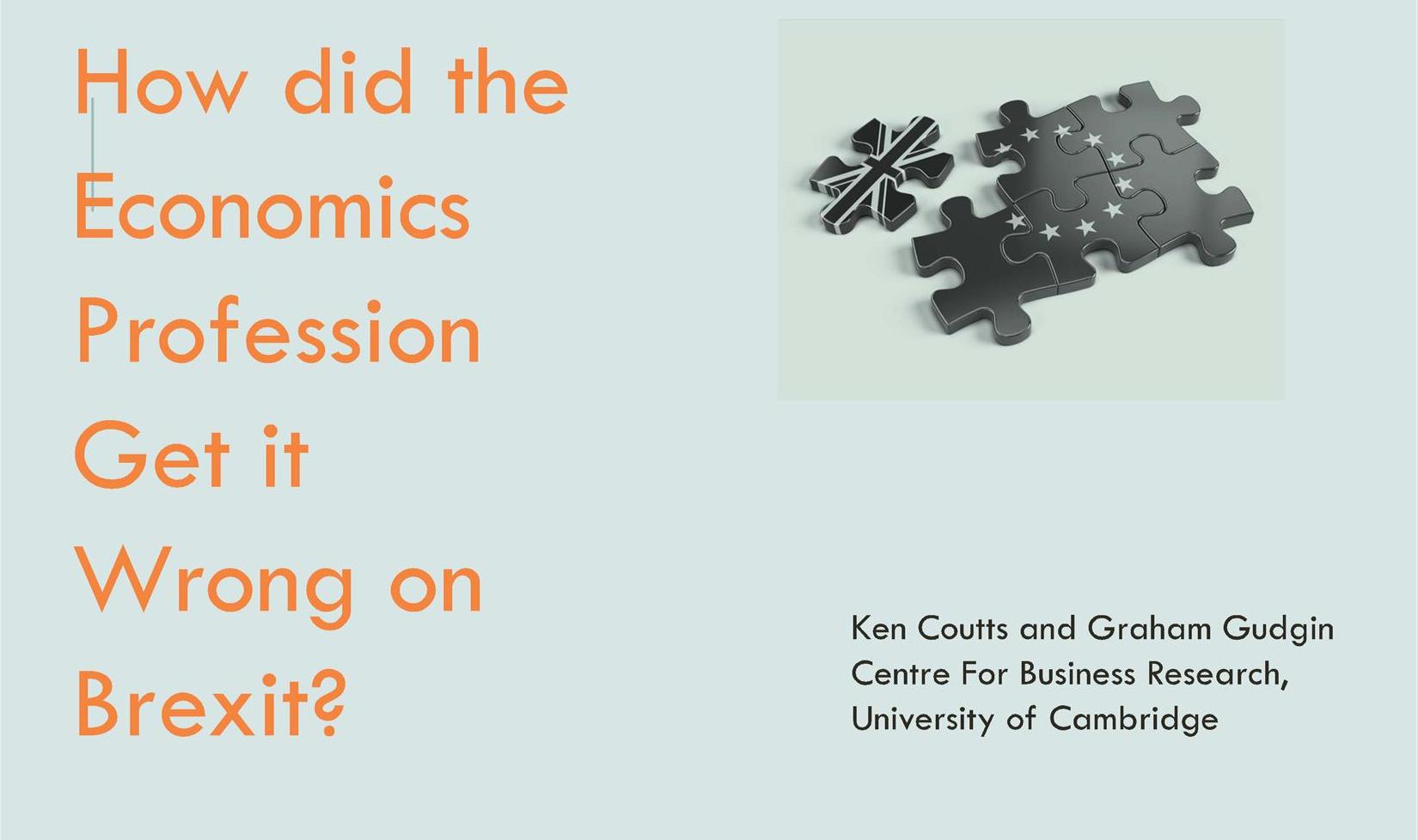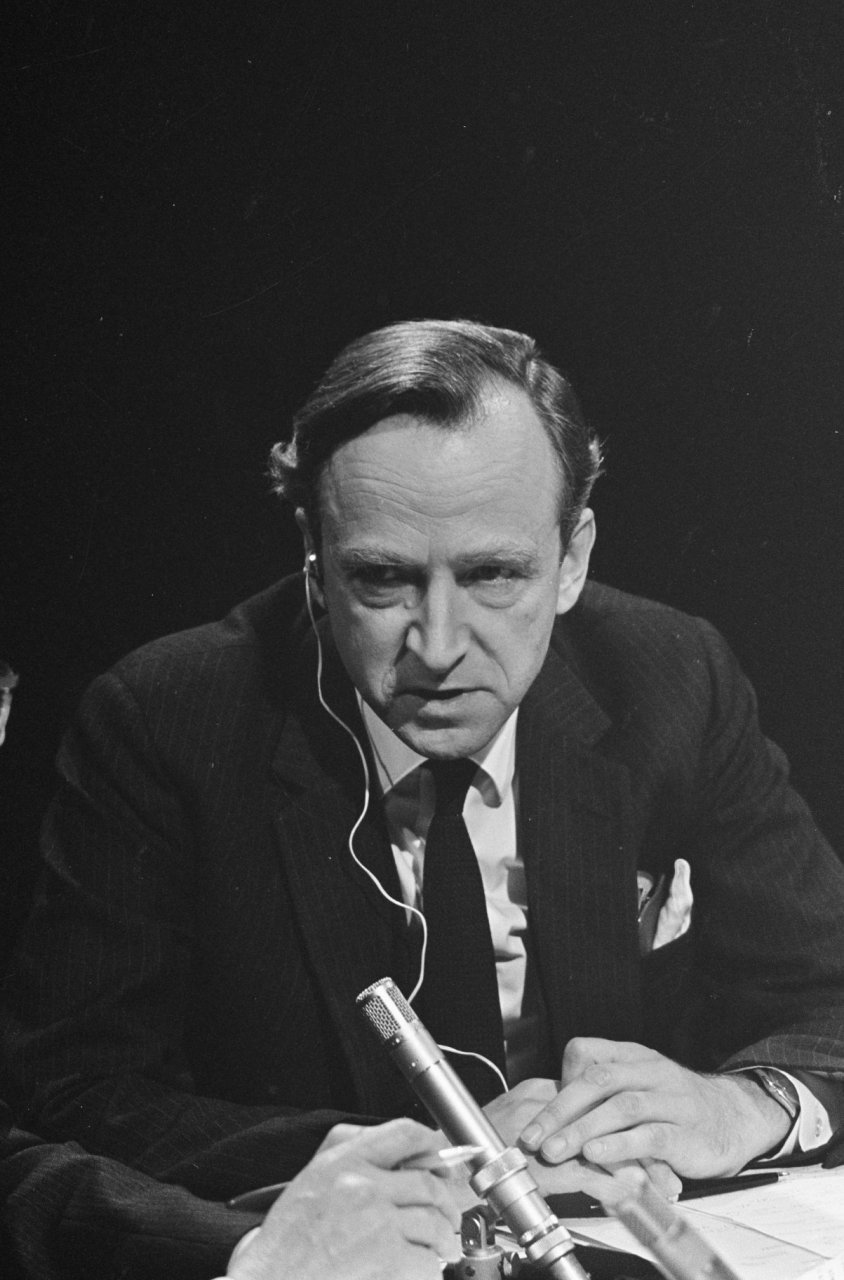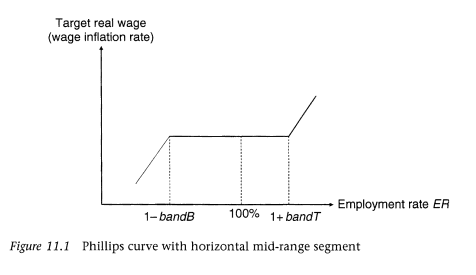There is no branch of economics in which there is a wider gap between orthodox doctrine and actual problems than in the theory of international trade.
– Joan Robinson, written in 1970, in The Need For A Reconsideration Of The Theory Of International Trade in Contributions To Modern Economics, published in 1978.
Sometimes, when critiquing free trade, economists and leftists frequently point out to damaging clauses in free trade agreements, such as the ISDS (Investor State Dispute Resolution). While this is fine, and it’s accurate to say that these help powerful corporations and hurt poor nations badly, it’s not a full critique. The important thing to understand is that even without these things which are pushed, free trade (as oppose to free trade agreements) itself is damaging.
Instead of leading to convergence in the fortunes of nations and making everyone better off, free trade creates polarisation. As Kaldor argues in his 1980 article Foundations And Implications Of Free Trade Theory, written in Unemployment In Western Countries – Proceedings Of A Conference Held By The International Economics Association At Bischenberg, France:
Traditional theory, both classical and neoclassical, asserts that free trade in goods between different regions is always to the advantage of each trading country, and is therefore the best arrangement from the point of view of the welfare of the trading world as a whole, as well as of each part of the world taken separately.1 However, these propositions are only true under specific abstract assumptions which do not correspond to reality. Under more realistic assumptions unrestricted trade is likely to lead to a loss of welfare to particular regions or countries and even to the world as a whole – that is to say that the world will be worse off under free trade than it could be under some system of regulated trade.
1 The latter part of this proposition abstracts from the possibility that a particular country possesses some degree of monopoly power and thereby can turn the terms of trade in its favour by means of a tariff even after retaliation by other countries is taken into account.
[emphasis in original, boldening mine]
Somehow economists seem to not understand the case that free trade can be bad to the world as a whole. It’s not difficult to understand why. In the absence of any market mechanism to resolve imbalances in a system of free trade, nations facing balance of payments problems are forced to deflate demand and output. The successful nations don’t expand domestic demand enough because of orthodoxy about fiscal policy.
Some economists understand that free trade leads to winners and losers and argue for compensation for losers. While it’s true that losers need to be compensated, the argument is incorrect because it implicitly assumes that nations’ fortunes aren’t diverging. There are no winning and losing nations in this picture. Perhaps the economist who observes this empirically would blame it on domestic policies and not on rules of international trade or history as colonialism or imperialism. Free trade is the holy cow of economics. It’s a sin to critique it. That’s the economists’ attitude.
In a recent article, What Do Trade Agreements Really Do?, Dani Rodrik repeats various orthodoxies. Despite claiming frequently to be dissenter, it’s clear to see that he is a fan of free trade:
When economists teach the gains from trade, they emphasize that free trade is good for each nation on its own. (What it means to say “good for the nation” in the presence of losers as well as gainers is, if course, a thorny issue, but I will leave that aside, in keeping with the standard treatment.) Ricardo’s (1817) demonstration of the principle of comparative advantage — free trade expands a nation’s consumption possibilities frontier even if it has an absolute productivity advantage in producing every good – remains one of our profession’s most significant intellectual achievements.
[emphasis: mine]
Rodrik then goes on to argue that:
As trade agreements become less about tariffs and non-tariff barriers at the border and more about domestic rules and regulations, economists might do well to worry more about the latter possibility.
This line of thinking emphasises how it’s important to critique not just clauses in free trade agreements such as ISDS, but free trade itself. Else one risks of settling for free trade as a compromise in the best case (as opposed to “freer trade”), something which Dani Rodrik and other orthodox economists want to achieve.
More importantly, although people talk of ideologies such as neoliberalism, it is important to understand them as the ideology of the imperialist and not disconnected to them. The imperialist view of the world (modifying a quote by John Pilger) is that here are only two sides to an argument, and both those sides belong to the establishment.



